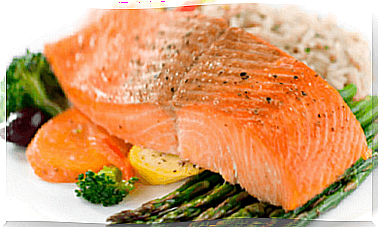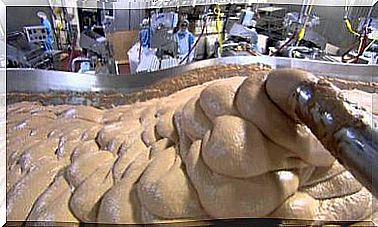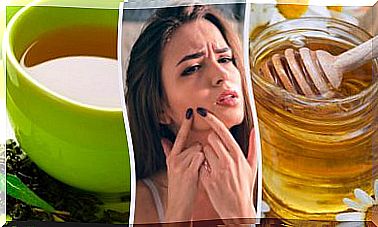Find Out Which Foods Help To Take Care Of Cartilage
Foods that contain nutrients such as vitamin C, omega 3 and collagen can help keep cartilage in good condition.

Food plays an important role in caring for cartilage. Although they cannot repair the damage to these structures by themselves, their nutrients contribute, to a great extent, to protect them from premature wear, injuries and certain diseases that degenerate them.
However, to improve joint health, regular physical exercise is essential. Otherwise there will be a progressive aging of these structures that will hinder their function.
What is the function of cartilage?
They are tasked with connecting bones to each other and providing mobility. They are not as hard as bone structures, nor as elastic as muscles. It is necessary to pay close attention to them, since it is a tissue that, once damaged, is very difficult to regenerate.
In addition, they are susceptible to deterioration from injuries such as sprains or degenerative diseases such as arthritis. Often the areas most affected by wear are:
- The ankles.
- The knees.
- The dolls.
- The elbows.
- Shoulders.
They can also be injured by severe burns or accidents. Wounds are very painful and can even cause mobility problems.

What are the causes of cartilage problems?
According to a publication in BioMed Research International , age and aging are some of the causes of cartilage deterioration. However, there are also other linked risk factors:
- Degenerative diseases.
- Excessive physical activity
- Obesity.
- Stress.
- Carrying or transporting heavy things.
- Insufficient supply of nutrients.
It is convenient that the cartilages stay in shape, especially those of the knees, which are the ones that support the most weight. The most common symptoms of injury or damage are:
- Pain when moving the limb or joint.
- Limitation of movement in the area.
- Deformity.
- Inflammation.
- Redness
Foods to take care of cartilage
On the foods to take care of the cartilage it is advisable to make a couple of clarifications; First of all, its consumption is not a cure for diseases and, therefore, they do not replace the treatment for them. On the other hand, it is important to include them in the framework of a healthy and balanced diet , as they do not meet all nutritional needs.
Cartilage, unlike other organs, cannot receive nutrients through the bloodstream, it is avascular. To obtain the nutrients that allow it to remain in good condition, it has synovial fluid and perichondrium.
- Synovial fluid is present in the joints and is responsible for providing nutrients to cartilage cells (chondrocytes).
- The perichondrium consists of a layer of dense and irregular fibrous tissue that lines the cartilage. It is responsible for providing nutrients to the hyaline and elastic cartilage.
Nutrients that should not be missing
People with diseases that involve cartilage should have regular medical check-ups, as various forms of treatment may be necessary. Also, when it comes to diet, it is necessary to consult a nutritionist. In general, the nutrients that are recommended in these cases are:
- Vitamins A, C and D.
- Calcium.
- Lysine
- Match.
- Fluorine.
- Magnesium.
- Proteins.
On the other hand, it is necessary to ensure optimal consumption of water and healthy drinks, since hydration is key to taking care of cartilage, bones and joints. Let’s see in detail some recommended foods.
Lysine
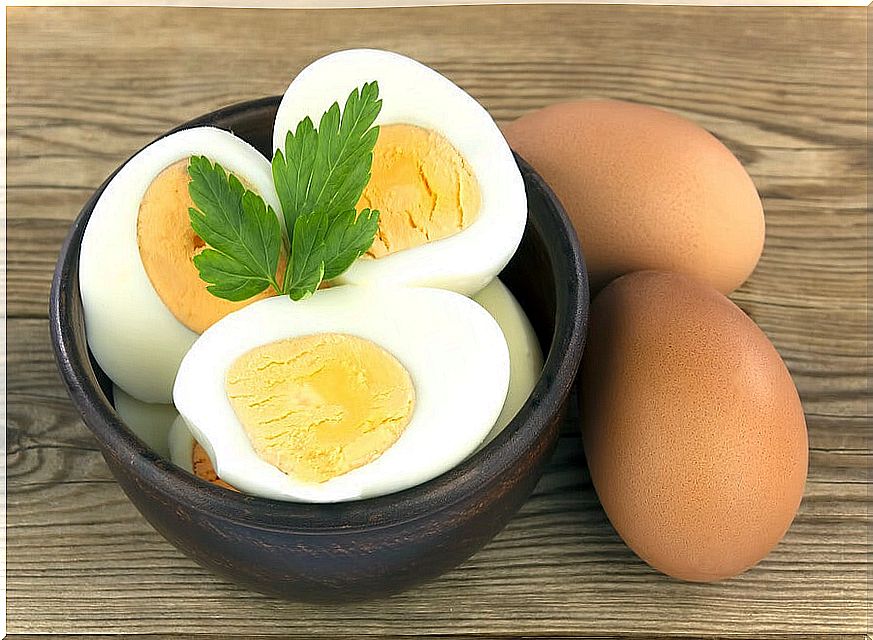
A study published in 2018 determined that acute glycine deficiency can be a determining factor in the development of osteoarthritis and cartilage wear.
In general, this nutrient is essential to increase collagen synthesis. The recommended consumption is 12 mg per kg of weight. What are the major sources of lysine?
- Vegetables.
- Red meat
- Eggs.
- Cod.
- Soy.
- Cheese.
- Nuts.
- Beer yeast.
Vitamin C
Vitamin C is known for its antioxidant activity and its ability to protect the body against disease. The recommended dose is 75 mg for women and 90 mg for men.
In a study published in Molecular Medicine Reports, it is suggested that this nutrient is key in preventing joint problems associated with cartilage wear.
Among the foods with the highest amount of vitamin C are:
- Oranges
- Tomatoes.
- Pineapples.
- Peaches
- Cabbages.
- Strawberries.
- Kiwis.
- Onions.
- Peppers.
- Lettuce
- Tangerines
- Grapes.
- Blackberries.
Vitamin D
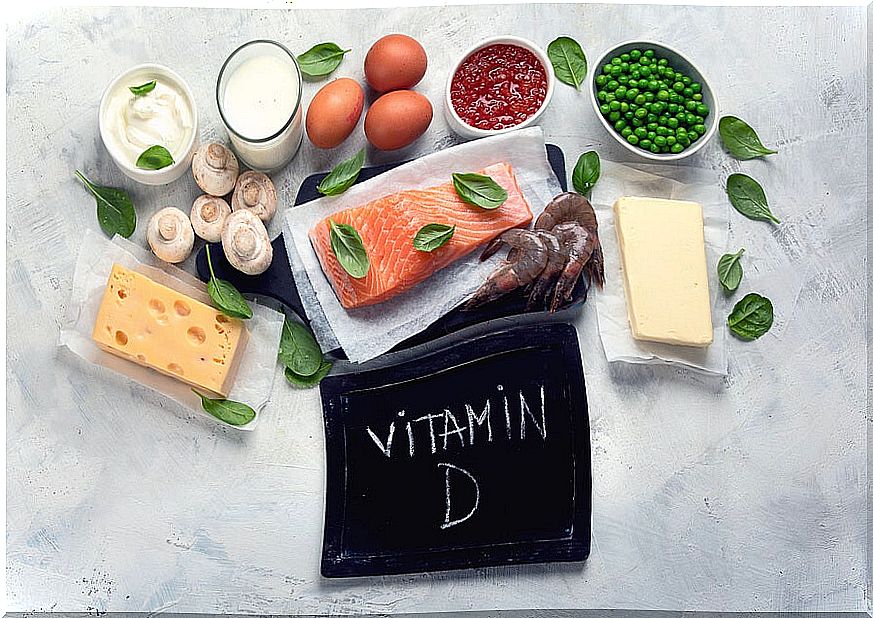
Exposure to sunlight is the best way to add vitamin D to the body. Research published in the Orthopedic Journal of Sports Medicine determined that patients with sufficient vitamin D have a lower risk of developing osteoarthritis.
In addition, it also highlights that its optimal doses help reduce the degeneration of articular cartilage. With food we can also incorporate vitamin D into our body.
The foods that contain this nutrient good for cartilage are:
- Wholemeal bread.
- Milk.
- Whole grains.
- Salmon.
- Herring.
- Oysters
Collagen
This protein structures cartilaginous tissues, tendons, and bones. Various studies have come to the conclusion that it facilitates the union between all these.
In addition, research published in the journal Plos One indicates that it helps prevent cartilage degeneration and helps reduce inflammation.
The simplest way to add it to the body is by eating foods like gelatin. But be careful, it should be low in calories because, otherwise, the sugar will be reducing the properties of collagen.
In addition to being a rich dessert, it can be used as the main component in various meals. The proper amount per day is 10 grams.
Omega-3 fatty acids

Foods with omega 3 fatty acids are also good for cartilage. In fact, they are recommended as a source of healthy fats for the body. According to a study published in the Global Journal of Health Science, these fats help reduce chronic inflammation.
Therefore, its consumption is recommended to prevent the progression of cartilage damage and diseases such as osteoarthritis and rheumatoid arthritis. The main sources of this nutrient are:
- Tuna.
- Seafood.
- Sardines
- Scallops
- Spinach.
- Chicory.
- Kale.
- Chard.
- Hemp, chia and pumpkin seeds.
- Sacha Inchi peanuts.
- Linseed oil.
- Fish oil.
Good habits to take care of cartilage
It is advisable to carry out a preventive plan so that the cartilage is not damaged. In addition to eating in a balanced way and adding the right nutrients, you need to follow a healthy routine. Some advices:
- Exercise, starting at an initial level, and gradually increase the intensity.
- Perform leg, shoulder, and hip stretches.
- Massages in the most conflictive or vulnerable areas, always under physiotherapy control.
- Be careful when lifting weights in our daily activities, adopting the appropriate postures.
- Consult a doctor in case of symptoms of joint wear.
Through diet you can improve joint health
In short, eating some foods and practicing good habits can help us take care of cartilage. Although these can deteriorate with age, there is much we can do to try to keep them in good condition over the years.
